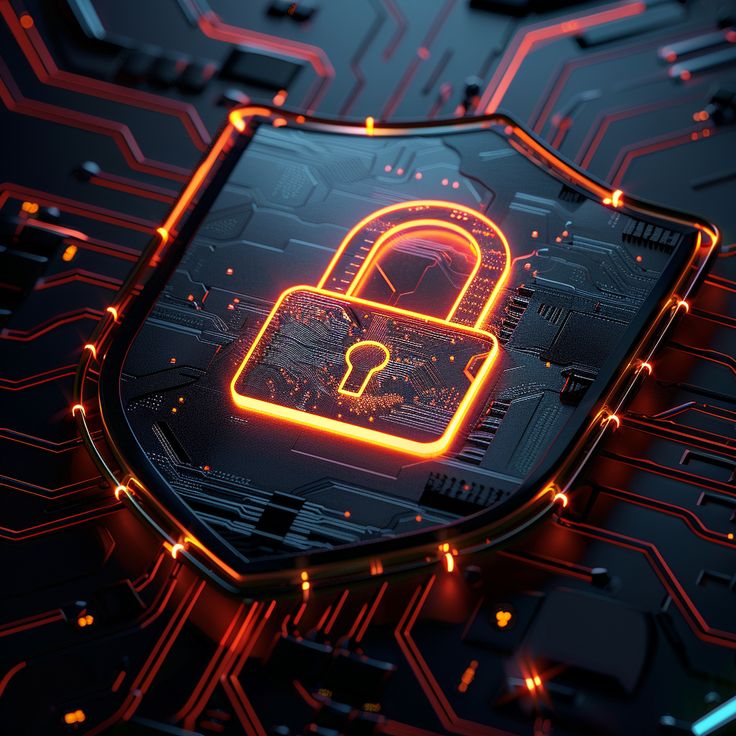What is a VPN and Why It’s Essential in Today’s World
In today’s digital landscape, using the internet securely and freely is paramount, and a VPN (Virtual Private Network) has become an indispensable technology. With online security threats becoming increasingly sophisticated, a VPN’s role is more critical than ever.
What is a VPN
A VPN creates a secure, encrypted tunnel when your device (like a computer or phone) connects to the internet. Normally, when you go online, your data travels directly through your ISP (Internet Service Provider). With a VPN, your data first goes to a VPN server before heading to the internet.
This process allows a VPN to do two main things
* Mask Your IP Address: Your IP (Internet Protocol) address is a unique number linked to your location when you’re online. A VPN hides your real IP address and replaces it with the VPN server’s IP address, making it difficult for anyone to pinpoint your actual location.
* Encrypt Your Data: A VPN encrypts all your internet traffic. This means that anyone trying to intercept your data (like hackers, your ISP, or even governments) won’t be able to understand it because it’s scrambled.
Why Is a VPN Useful?
A VPN can significantly enhance your online experience in many ways
Online Security & Privacy
* Secure Your Data: When you use public Wi-Fi (like in a coffee shop or airport), a VPN protects you from hacker attacks. Without a VPN, your personal information and passwords can be easily stolen.
* Prevent Tracking: ISPs, advertising companies, and others can track your online activities. A VPN hides your IP, making it harder for them to know what you’re Browse or which websites you visit.* Browse Anonymously: A VPN helps you maintain anonymity for your online activities. This is especially important for journalists, activists, and anyone who prioritizes their privacy.
Access Blocked Content (Bypassing Geo-restrictions & Censorship)
* Overcome Geo-restrictions: Some websites and streaming services (e.g., Netflix, YouTube) restrict content based on your location. A VPN can change your IP address to that of another country, allowing you to access content from anywhere.
* Bypass Internet Censorship: In some countries, governments block social media, news sites, and other content. A VPN helps you bypass these restrictions, giving you free access to the internet.
Avoid ISP Throttling
Many ISPs slow down your internet speed when they detect activities like streaming or downloading large files. A VPN keeps your activities private from your ISP, helping you avoid this “throttling” and maintain faster internet speeds.
Find Better Deals Online
Some websites change prices based on your location. By changing your IP address with a VPN, you might find better deals on products or services.
Important Considerations When Using a VPN
* Laws Vary by Country: VPN use is legal in most countries, including Thailand. However, in some nations, like Myanmar, there might be restrictions or bans on VPN usage, which could lead to fines or imprisonment if violated. It’s crucial to understand the laws in your country of residence.
* Free VPNs: Be cautious with free VPNs, as they often have security vulnerabilities and might even sell your data. It’s generally better to choose reputable, paid VPN services.
* Choosing a VPN: When selecting a VPN service, consider factors like its “no-logs policy” (meaning it doesn’t record your data), strong encryption, the number of server locations, and connection speed.
In conclusion, a VPN is an essential tool for your online security, privacy, and internet freedom in today’s digital age. By choosing a reliable VPN service and using it responsibly, you can enjoy a safer and more open online experience.
